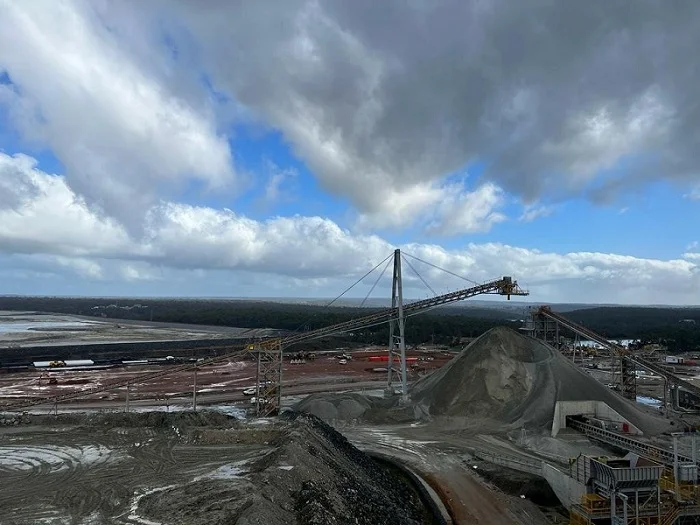The India-Australia Critical Minerals Investment Partnership has taken further momentum after this week’s visit of Australian Prime Minister Anthony Albanese.
The two countries have identified five target projects – two lithium and three cobalt – in critical minerals to develop supply chains.
Critical mineral is a metal, gas or mineral that is essential for the functioning of modern technologies, economies or national security and there is a risk of disruption to its supply chains.
They are used to manufacture advanced technologies including mobile phones, computers, fibre-optic cables, semi-conductors, banknotes, and defence, aerospace and medical applications.
“The partnership between India’s KABIL and CMO Australia has reached the first milestone in a short span of one year from signing of the MoU in March 2022 between both the organisations,” said Minister for Coal, Mines and Parliamentary Affairs, Pralhad Joshi a day after holding bilateral talks with Australian Minister for Resources and Northern Australia Madeleine King in New Delhi on Friday.
A great meeting in New Delhi with my good friend @JoshiPralhad on furthering critical minerals cooperation between Australia and India.
Big opportunities ahead as 🇮🇳 and
🇦🇺 work towards a cleaner future. pic.twitter.com/7bNNXZADV8— Madeleine King MP (@MadeleineMHKing) March 11, 2023
Investments under the partnership will seek to build new supply chains underpinned by critical minerals processed in Australia, which will help India’s plans to lower emissions from its electricity network and become a global manufacturing hub, including for electric vehicles.
Agreeing to deepen cooperation, Joshi and King also discussed the extension of existing commitments.
“India’s goals to lower carbon emissions and boost electric vehicle production presents great opportunities and prospects for Australia’s critical minerals sector, for renewable exports and for building stronger supply chains,” said the Australian Minister.
“Working together, both the nations are committed to reduce emissions, guarantee energy security and diversify global markets for critical minerals and clean technologies,” added King.
Australia produces almost half of the world’s lithium, is the second-largest producer of cobalt and the fourth-largest producer of rare earths.
Most of the critical minerals are also used in low-emission technologies such as electric vehicles, wind turbines, solar panels, and rechargeable batteries.
Australia is rich with critical minerals and needs to transition away from just mining and develop downstream processing.
Currently >90% of material chemical processing capability is in China.
Reducing reliance on one country is important. #CriticalMinerals #resources pic.twitter.com/MjaajVuxe1— energy.resources (@ResourcesEnergy) March 3, 2023
The latest Resources and Energy Quarterly publication by Australia’s Department of Industry, Science and Resources, projects the value of Australia’s lithium exports will double from $4.1 billion in 2021-22 to $9.4 billion in 2023-24. Lithium exports were worth only $1.1 billion in 2020-21.
With the expected increase in global demand for low-emissions technologies over the next three decades, the partnership between New Delhi and Canberra will go a long way towards securing mutually beneficial critical mineral supply chains.
Last July, following their first meeting after the election of the Albanese government and confirmation of Australia committing A$5.8 million to the three-year India-Australia Critical Minerals Investment Partnership, Joshi also toured the Tianqi Lithium Refinery at Kwinana in minister King’s electorate of Brand.
Glad to visit Greenbushes Lithium Mine Site, it is an open-pit mining operation in Western Australia & is world’s largest hard-rock lithium mine.
Greenbushes comprise ‘oldest & longest continuously operated mineral fields’ in highly-productive Western Australia region. pic.twitter.com/sHcwoqGD6i
— Pralhad Joshi (@JoshiPralhad) July 5, 2022
Also Read: India-Australia smart energy partnership set to soar after thumbs up from PM Modi and Albanese



















